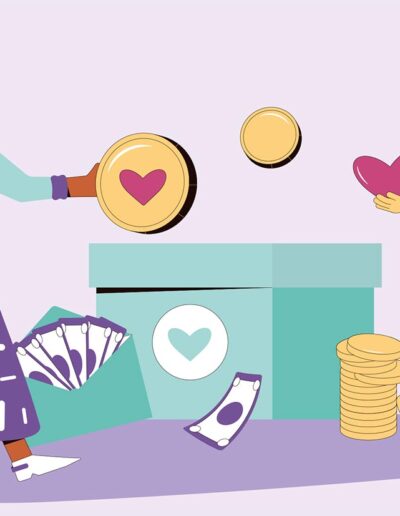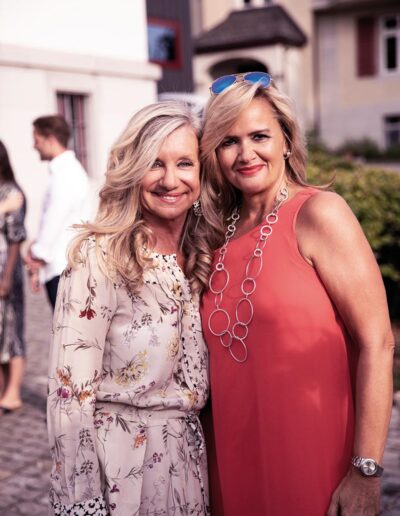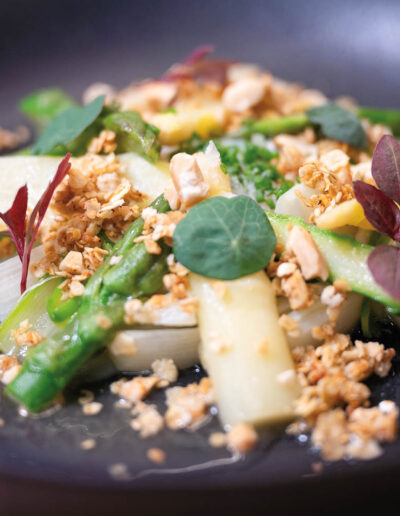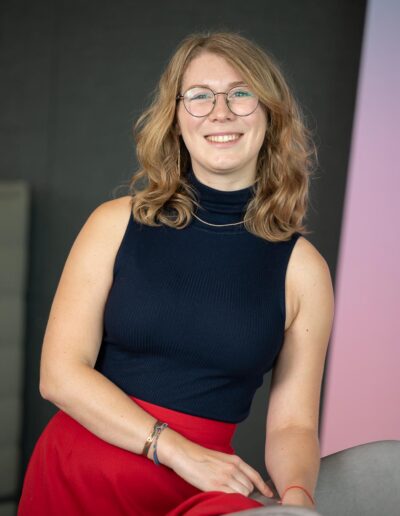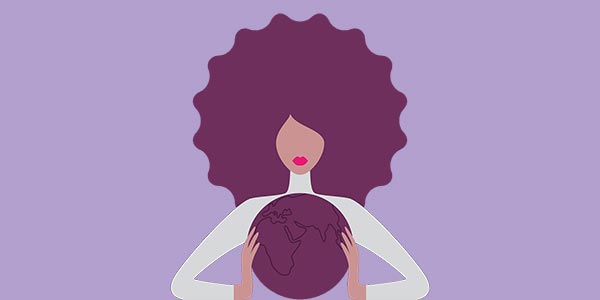A future where we have evolved beyond the “growth economy” to a “kindness economy” whereby instead of prioritising profit, then the environment and then people, we first consider people, then the planet, and then profit. It effectively turns our traditional story line about how to do business on its head.
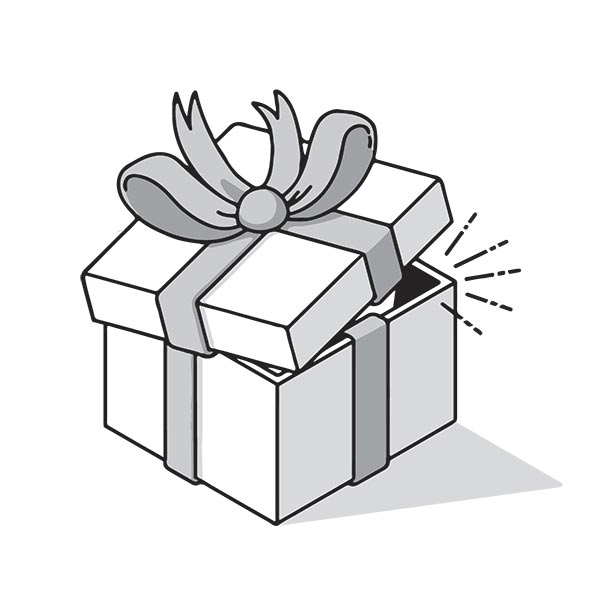
Like all good narratives it is based on an accumulation of experience and knowledge about the past and the present. It is not a new story – just one that has taken a polycrisis to reach our consciousness. In fact the idea came from the 18th century Scottish economist Adam Smith, who believed that if we hold ourselves to high moral standards we will benefit the masses. He never called it the Kindness Economy, but term has recently been popularised by the British retail consultant Mary Portas.
But why now? In many ways we appear to have reached a peak – peak consumerism, peak productivity – driven by the giddy aim of the last decades to produce ever more efficiently. To use a wonderfully revealing sixteenth century proverb, “The higher the ape climbs, the more he shows his bottom.” This saying was used to refer to people who had climbed the ladder of success, displaying more and more ugliness the higher they went. This charming proverb can be used in many ways and on many people (rather unwelcome images of Elon Musk and Donald Trump might appear at this point). But let’s take it as a general metaphor for the economy. Today we are pretty high up the economic evolutionary tree. Many companies and much corporate strategy are still at the stage where they believe climbing higher up the tree is better, regardless of how ugly it looks from below and regardless of who (workers) or what (the environment) gets in the way. Fast fashion is a prime example; using cheap labour and laughing in the face of sustainable goals, it is just one example of extreme profit-first thinking. Meanwhile in this time of economic crisis some businesses wonder why they are struggling to keep or even find good purpose-driven workers who love their job. For many people priorities and needs have changed, and company strategy in many cases has not. As Enrique Lores the CEO of Hewlett Packard said recently, no company can succeed long term without a motivated and engaged workforce.

It is not just that many have had enough of talk of the “bullish economy” and an “unkind economy” but the pandemic has given us a new perspective on our priorities on how to do business and lead our lives. We are looking today towards a kinder economy also because we have more women in business (not that they are necessarily kinder than men, but we have a different perspective). Furthermore prioritising people is, I believe, an important counter trend to digitalisation in the sense that we are revaluing and reprioritising analogue experiences, human communication and building community.

But just how can this movement enter our consciousness and shift our behaviour? According to the theory of Narrative Economics by the Nobel Prize winning economist Robert Shiller, the most powerful forces in our economy are the stories that we find in our culture – everything from the casual chats we have with our friends, to the stories we tell our neighbours, colleagues or even a shop assistant or taxi driver. These shared narratives are a form of meme (the cultural genes) that we spread and which in turn drive the markets. And as the pandemic progressed, it was noticeable that these narratives spread. So too did the rhyme and rhythm of these stories – with our conversations moving away from senseless status led consumption to a narrative driven by more thoughtful even radical messages. Many of these narratives and memes were related to the increasing consciousness about the environment, but also to the life quality of the future society. On the political level messages were coming from people such as Jacinda Ardern, then the prime minister of New Zealand who put it well when she said “Economic growth accompanied by worsening social outcomes is not success. It is failure.”

A successful kindness economy is about a new value system where in order to thrive businesses must understand the fundamental role that they play in the fabric of our lives. It means moving away from the old linear economic thinking of bigger, faster and cheaper. It means companies need to “add” not just grow, and they should aim to balance commerce with social progress. Key qualities and principles needed are care, respect and understanding.
But is the current buzz about kindness economy all just hype, wishful thinking by an elite and do-gooder theories, or is there a real movement that we can follow? One of the signs is the change in certification in consumerism in all branches of the economy, from labels such as BCorp to Positive Luxury. As consumers we are starting to look beyond the product not just to what Simon Sinek calls the “why” (the philosophy and values ) of the company. We are also ever more interested in the rest of his trilogy – the “how” (how is it made) and the “what” (what are the effects on people the planet etc). This is the rise of “conscious consumption” whereby people choose brands not just for their value but their values. So what do the companies and products you buy and support or work for stand for? Do the places you stay reflect your values? Could you say they are they part of the kindness economy?
Think of the “whys” of companies like Patagonia (“the earth is now our only shareholder”), Tony’s Chocolonely (slave free chocolate), Brunello Cucinelli (a humanist entrepreneur who has created a “village of harmony” for his workers). What is clear from these examples is that kind businesses can be profitable businesses. Surveys show that 57% are more likely to buy from brands that support their community and 51% of Gen Z research a brand’s corporate social responsibility before buying.
In the kind economy each business must create the metrics that are tailored to their own organisation. Think of it as your KPI – Kindness Performance Indicator instead of your Key Performance Indicators. Perhaps in the future we will have something along the lines of a kindness certificate for business! Perhaps one day every company will even have a chief kindness officer.
Kind economies will be a key instrument in creating the healthy economy and society of the future. As Unilever CEO Alan Jope once said “A society where everyone makes a fair living wage is a society where people have the money to spend on clothing, feeding, educating themselves, and that’s good for business…without healthy societies we don’t have a healthy business.” The kindness economy is bringing us a new narrative for the future. As Jean Luc Goddard once said, a story should have a beginning, a middle and an end, but not necessarily in that order.
The story of the kindness economy doesn’t yet have an end.
Because this is just the beginning.

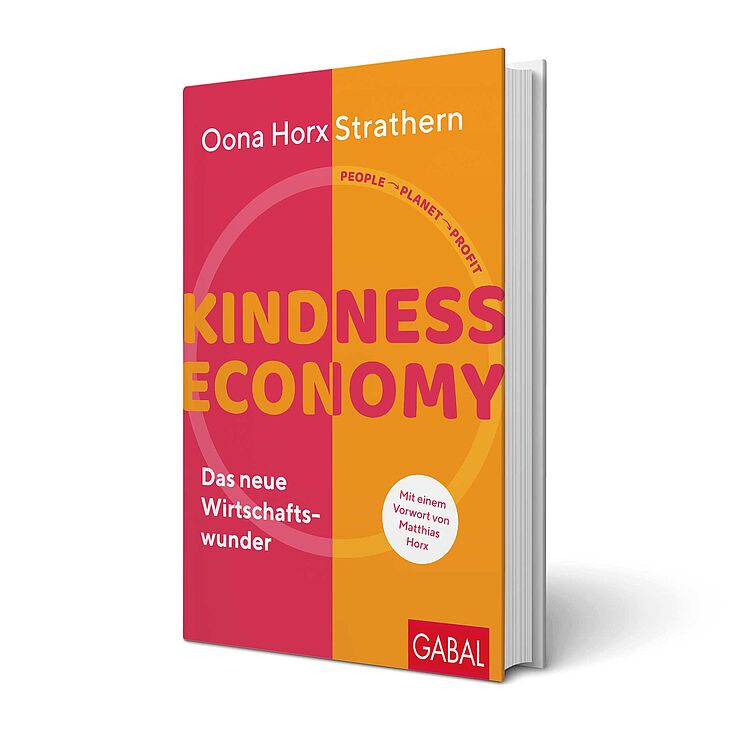
LADIES DRIVE has 2 signed copies of Oona’s book Kindness Economy to give away to readers for the best answers to the following question:
What are the best Kindness Performance indicators for a business?
Answers to oona@horx.com and sst@swissladiesdrive.com by 31.3.2024. Legal recourse is excluded. A cash payment is not possible.
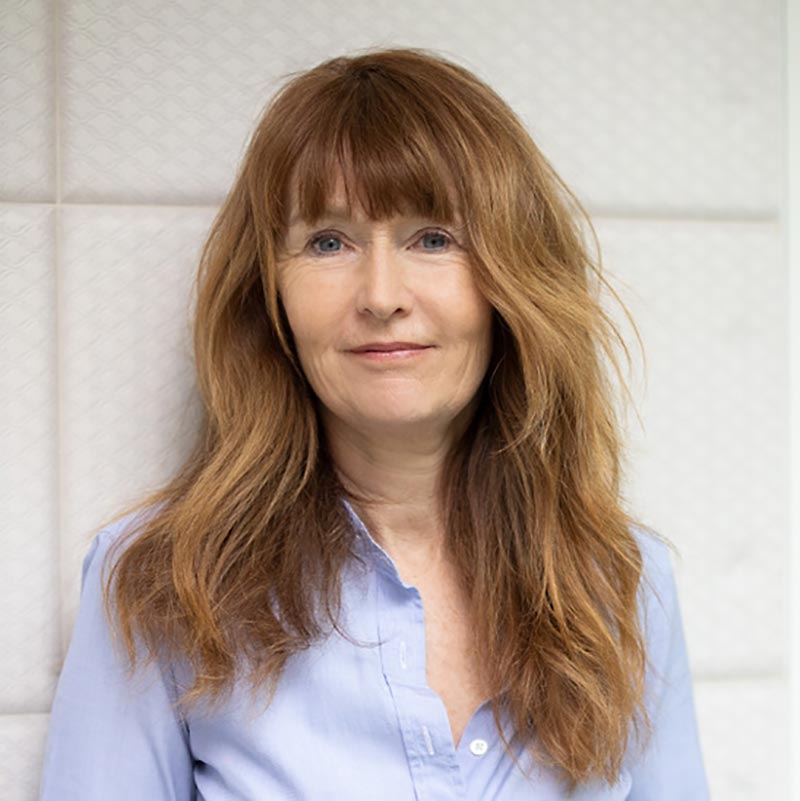
Oona Horx Strathern
Die gebürtige Irin lebt gemeinsam mit ihrem Mann Matthias Horx und den beiden Söhnen Tristan und Julian im Future Evolution House am Stadtrand von Wien. Die Trendforscherin, die seit 30 Jahren in diesem Bereich tätig ist, beriet schon Unternehmen wie Unilever, Beiersdorf und Deutsche Bank. Mit ihrem Familienunternehmen Horx:Future GmbH teilt sie mit uns seit Jahren die spannendsten Trends und Megatrends – die Analysen der Familie Horx sind treffsicher und augenöffnend.





